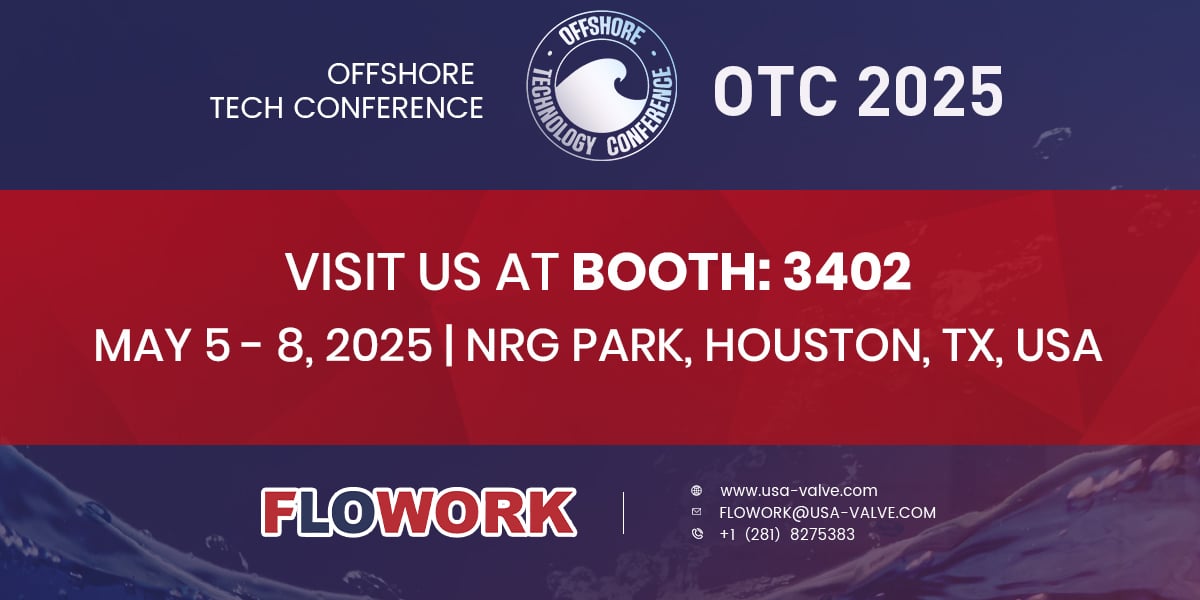Which is better mechanical or pigging valve?
Mechanical valves and pigging valves: in-depth comparison and analysis. Mechanical valves and pigging valves are widely used in industrial fields. I will make an in-depth comparison of these two valves from multiple perspectives such as structure, performance, application, and maintenance to provide you with valuable reference. Through the use of extensive data, charts, and technical terminology, I strive to demonstrate the advantages and disadvantages of both types of valves to provide clear guidance when selecting a valve.
1. About mechanical valves and pigging valves
Valves are key equipment in industrial fluid control, and their performance directly affects production efficiency and equipment safety. Among many valves, mechanical valves and pigging valves have attracted much attention due to their unique designs and application fields. This article will conduct an in-depth comparison of these two valves from many aspects to reveal their respective advantages and disadvantages, bronze plug valve.

2. Structural characteristics
Mechanical valve: Mechanical valves are usually made of metal materials and have the characteristics of simple structure, small size and light weight. Its working principle is to drive the movement of the valve core by rotating or lifting the handwheel to control the fluid. The mechanical valve has better sealing performance and smaller fluid resistance, but it requires a certain amount of torque during operation.
Piggy Valve: Piggy Valve, also known as Pig Valve, is a valve with a special structure. It mainly consists of valve body, valve core and actuator. The unique flow channel design of the pigging valve has low fluid resistance and can achieve efficient control of the fluid. In addition, the pigging valve also has quick opening and closing functions, and consumes less torque during operation.
3. Performance comparison
Fluid control: The pigging valve has advantages in fluid control. Its unique flow channel design and small fluid resistance can effectively improve fluid transportation efficiency. Although mechanical valves have better sealing performance, their fluid resistance is relatively large, which may affect fluid delivery efficiency, bronze wafer check valve.
Quick opening and closing: The pigging valve adopts a special actuator, which can achieve quick opening and closing and improve production efficiency. Mechanical valves take a certain amount of time to open and close, which may affect production efficiency.
Sealing performance: The mechanical valve has good sealing performance and can effectively prevent fluid leakage. Although the pigging valve also has certain sealing performance, leakage may occur in high-pressure or high-temperature environments. Therefore, when selecting a valve, the sealing performance needs should be considered based on the actual application scenario.
Durability: Both mechanical valves and pigging valves show good performance in terms of durability. However, in harsh working environments, such as high-speed fluid erosion and particle erosion environments, the anti-wear performance of pigging valves may be better than that of mechanical valves. Therefore, when selecting valves, the influence of the actual working environment should be considered.

4. Application fields
Mechanical valve: Due to its simple structure, small size, and light weight, mechanical valves are widely used in fluid control systems in petroleum, chemical, metallurgy, light industry and other industries. Mechanical valves have high application value in scenarios where precise control of flow or pressure is required, high temperature check valve.
Pigging valves: Pigging valves are widely used in oil and natural gas transmission pipelines. Its unique flow channel design and quick opening and closing function make it an ideal device in long-distance pipelines. In addition, in the chemical, pharmaceutical and other industries, pigging valves are also favored for their efficiency and reliability.
5. Maintenance and overhaul
Mechanical valves: Mechanical valves are relatively easy to maintain and can be repaired and replaced quickly when a fault occurs. However, due to its structural characteristics, mechanical valves may suffer from wear and leakage during long-term use, and require regular maintenance and repairs.
Pigging valve: Maintenance of pigging valves is relatively complicated, and professional technicians may be required to repair them when faults occur. However, due to its unique structural design, pigging valves have a long service life and low maintenance costs. During use, regular maintenance and upkeep should be performed to ensure its normal operation.

6. Economic Analysis
Cost: There is a certain difference in cost between mechanical valves and pigging valves. The manufacturing cost of mechanical valves is relatively low, while the manufacturing cost of pigging valves is relatively high due to their special structure and material requirements. When selecting valves, comprehensive considerations should be made based on the project budget and usage scenarios.
Service life: Both mechanical valves and pigging valves have good performance in terms of service life. However, in harsh operating environments, pig valves may have better wear resistance than mechanical valves, resulting in longer service life. Therefore, when selecting valves, the impact of the actual working environment and the economic benefits it brings should be considered, socket weld check valve.
Energy efficiency: From the perspective of energy efficiency, pigging valves have advantages in fluid control and can effectively improve fluid delivery efficiency and reduce energy consumption. Although mechanical valves have better sealing performance, their relatively large fluid resistance may affect energy efficiency performance. Therefore, energy efficiency requirements and their economic benefits should be considered based on actual application scenarios.









